Top 10 Gardening Tools for Seniors
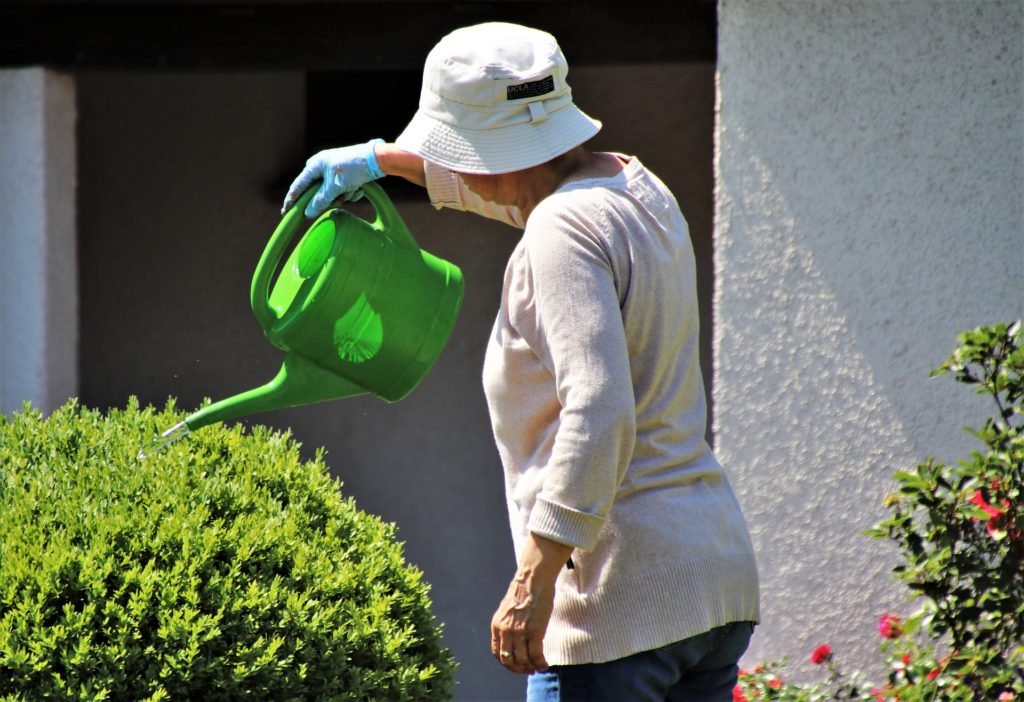
With the gardening season in full swing, we thought it would be helpful for the elderly gardeners to know the top ten gardening tools for seniors that will make their lives easier.
For any senior gardener, there’s no telling what they need to get this physical activity done correctly. The best thing to do is buy numerous gardening tools and see what works best. However, if you’re looking for a gift for someone, there are a few smart tools that stand out above the rest.
What Are Garden Tools?
Garden tools are the things that gardeners use to do their garden activity. Different things are necessary for other tasks and for various kinds of gardens, and a gardener should always have a few smart tools on hand. Let’s take a look at the most essential ones.
Top 10 Gardening Tools For Seniors
The following is a list of the top 10 gardening tools and equipment for seniors that can help make gardening habits easier, safer, and more enjoyable for anyone who wants to get started.
1. A Spade

A spade is a tool with an iron blade attached perpendicular to the handle. It is used to dig holes for planting and transplant or loosen, lift, and turn the soil.
Spades tend to be the most popular choice of shovels because of their basic functionalities. They’re good at digging different soil types because they have long-handled with a wide blade that allows them to get a lot of leverage. They also tend to be reasonably durable, and you can often find them at a decent price point as well.
Get it here.
2. Loppers
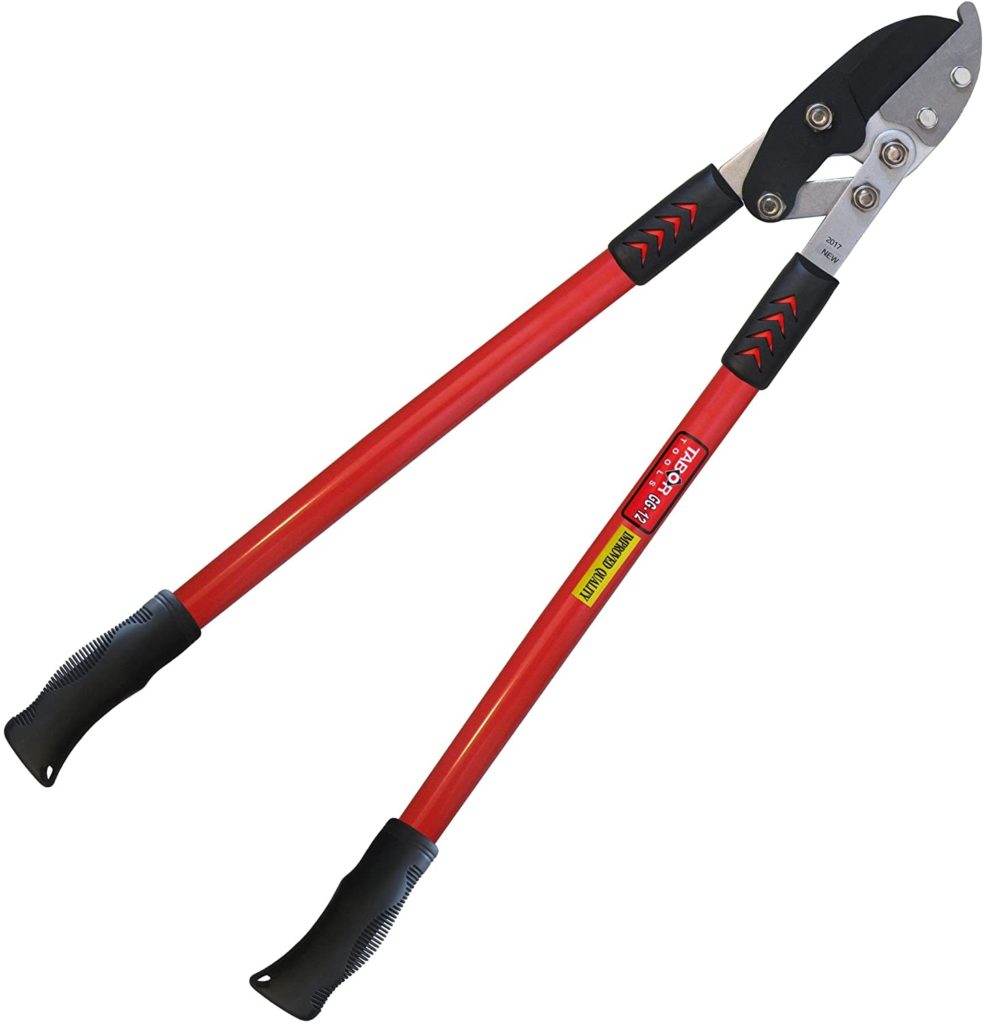
Loppers are a kind of pruning shears that are designed for cutting branches and stems. They aren’t sharp enough to cut through a unit, but they’re perfect for trimming your plants and shaping them like a master gardener.
There are two kinds of loppers: anvil-style and ratchet-style loppers. Anvil-style loppers have a fixed blade that comes down on the branch, while ratchet-style loppers have an edge that moves back and forth.
Get it here.
3. A Pruning Saw
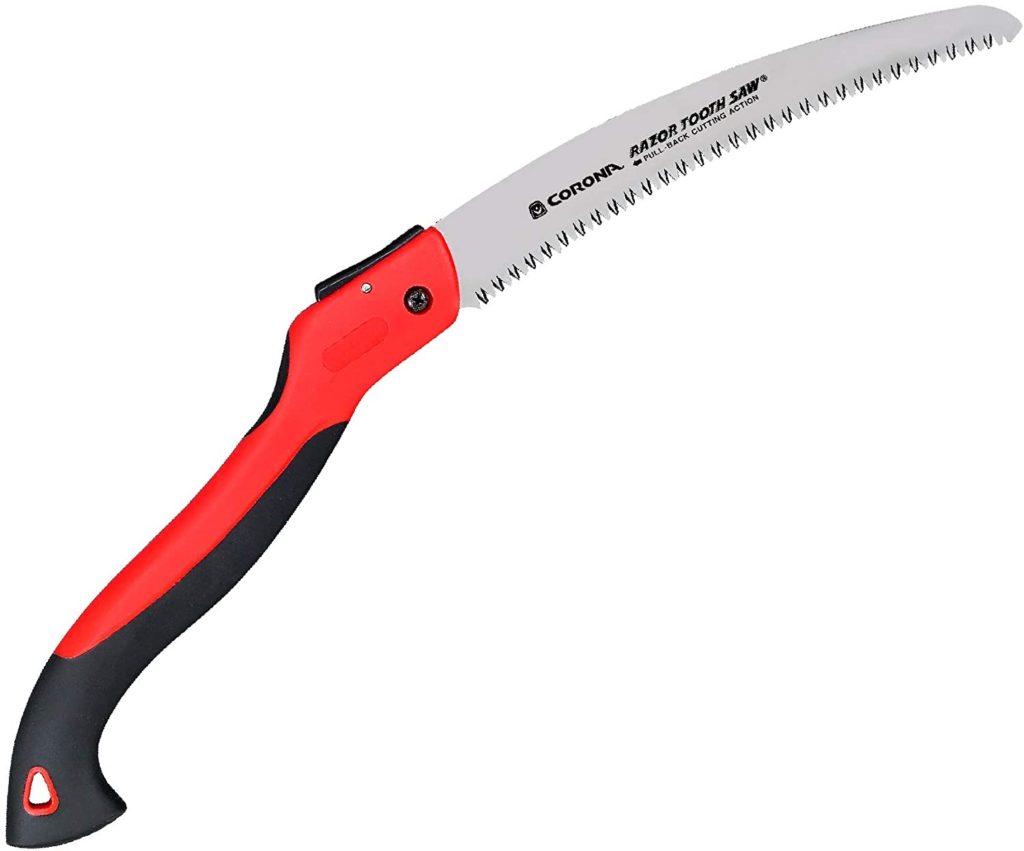
A pruning saw is a long-handled tool used for larger jobs than loppers and requires tighter grips. They can cut through branches that are too thick for loppers, and they’re magnified, which makes them excellent for seniors who have difficulty seeing their target.
Pruning saws are used to make cuts on living plants, so they’re perfect for shaping live hedges and making significant cuts in trees.
Get it here.
4. A Garden Sprayer
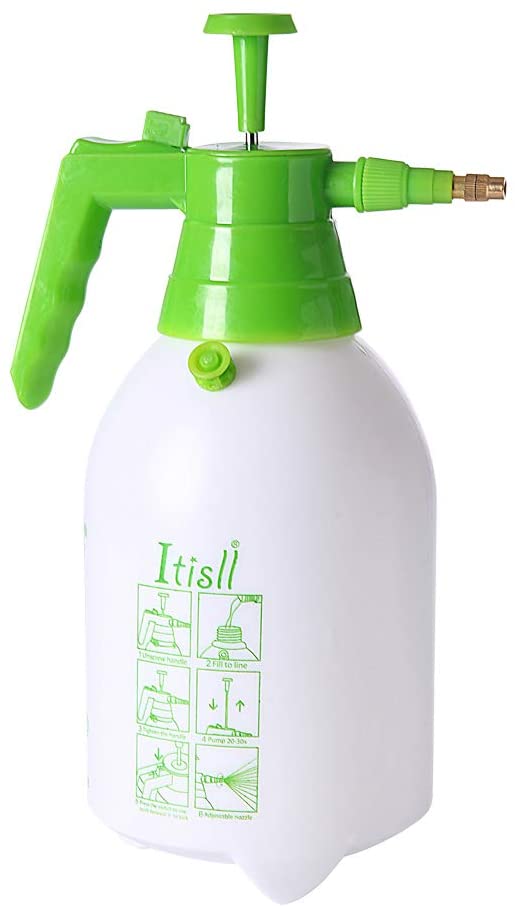
A garden sprayer is really just a handy tool that attaches to a garden hose. It allows users to spray down the soil and water planters without needing to heavy lifting of buckets of water from the faucet or the tap.
Garden sprayers are easy to use, so they’re often used by beginners in order to get their feet wet in the garden beds.
Get it here.
5. Garden Gloves
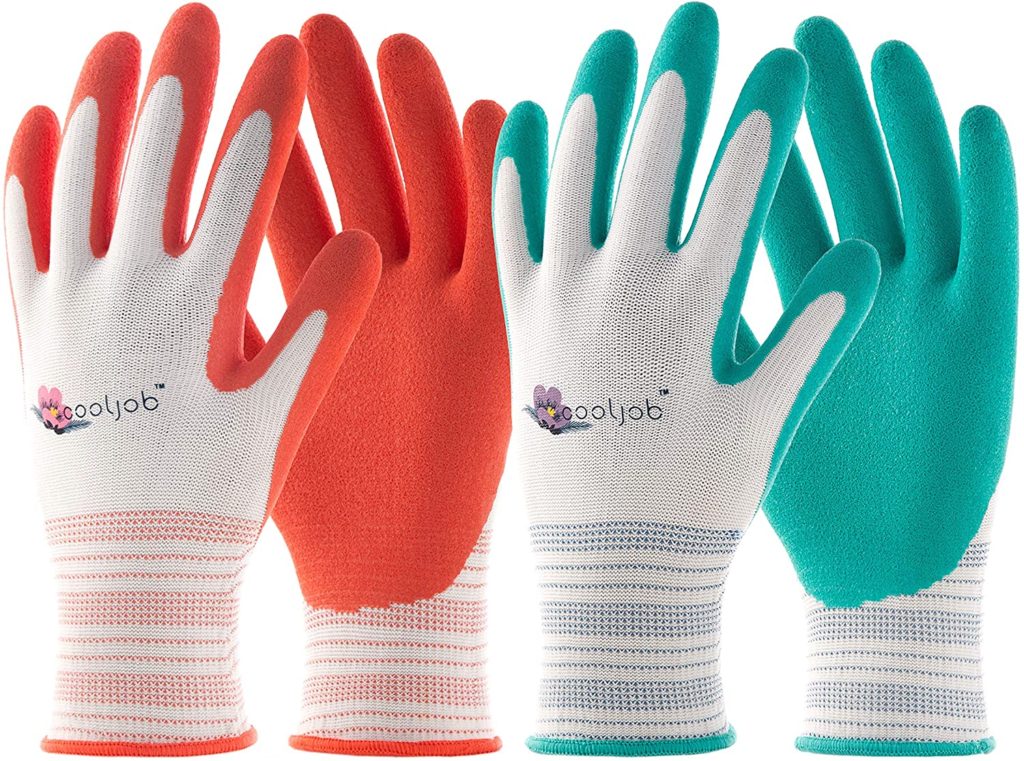
While gardening gloves are not required for many gardening jobs, they’re a must-have for people who want to prune, transplant, and dig up plants. They allow pruners to have easy access to the tools they need without hurting their hands or damaging their skin. These also provide a more secure grip while keeping the gardener’s hands clean.
Many gardening gloves come in different materials, sizes, and colors to suit the user’s preference well. Gloves are also generally durable for grips and can last through several years of regular use.
Get it here.
6. A Garden Hose
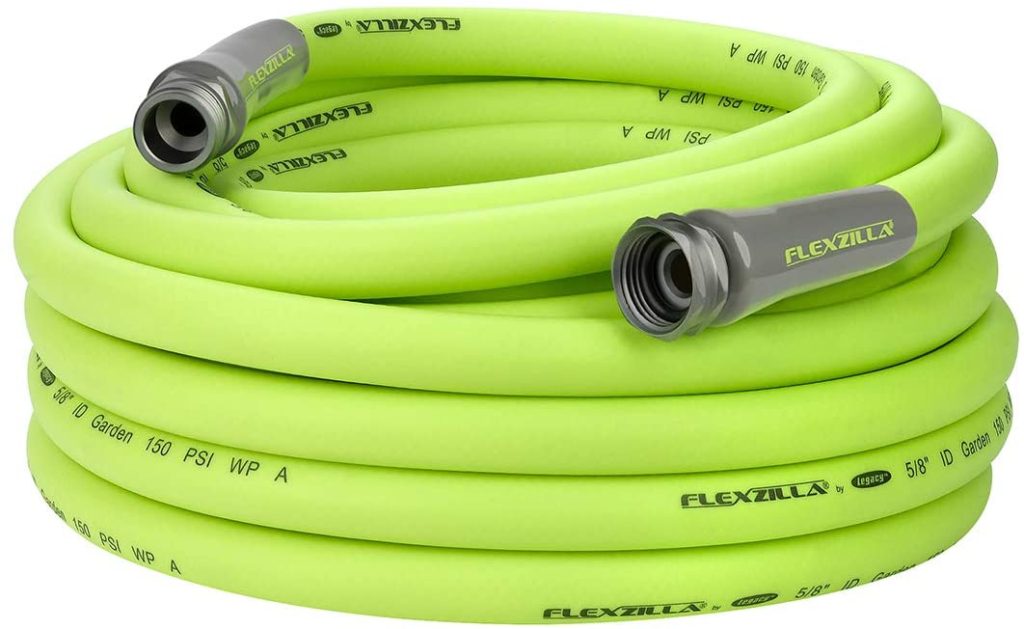
A garden hose is the perfect gardening tool for anyone who wants their gardening to be successful. It allows people to carry water from the faucet or storage tank to their garden, which means they don’t have to make trips back and forth every time they need water.
Garden hoses are usually sold with connectors and garden hose nozzles that allow multiple hoses to be attached, so you can likely find one that will work with a home’s existing plumbing supplies. You can also opt for a lightweight hose if you have arthritic hands.
Get it here.
7. A Wheelbarrow
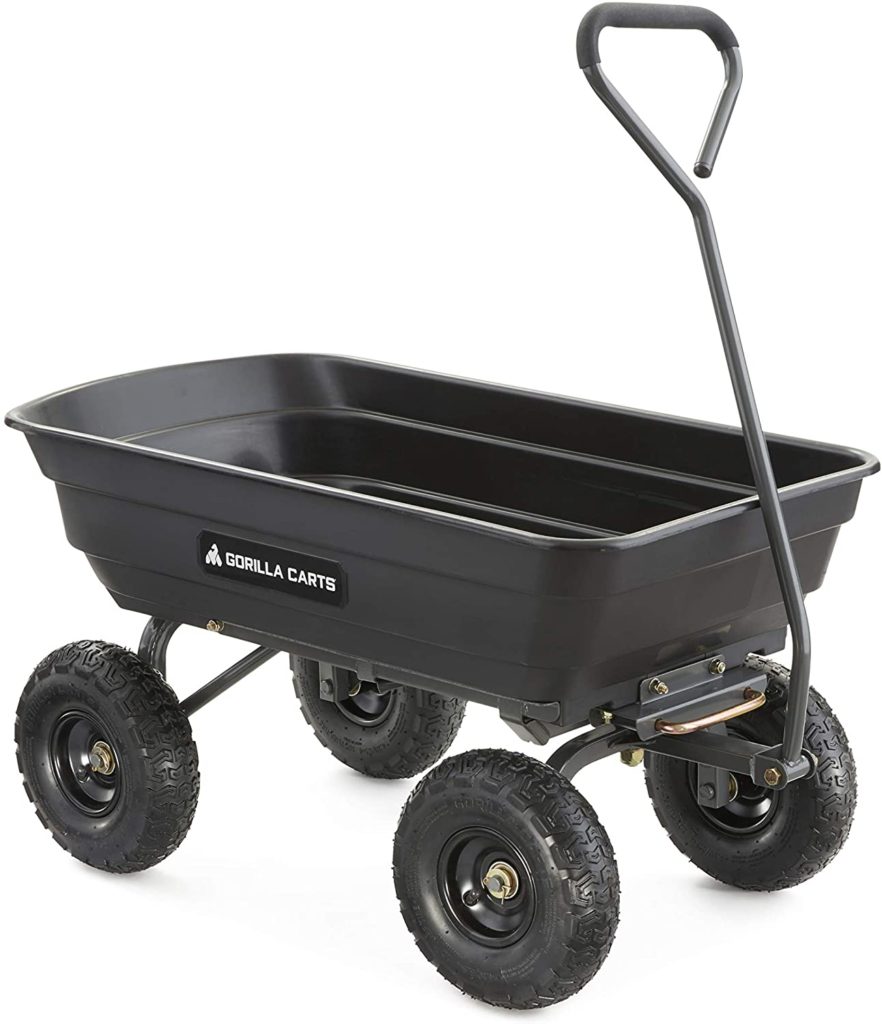
A wheelbarrow is an excellent tool for seniors because it allows them to move heavy materials without straining their back in the process. It is also a good option because it is easy to lift and will not weigh down its user as they carry out their gardening tasks.
While a garden cart is generally easy to use, it not always the most reliable for heavy-duty jobs. They also tend to be challenging to clean and store, so many people will choose other essential gardening tools over them if possible.
Get it here.
8. A Hoe
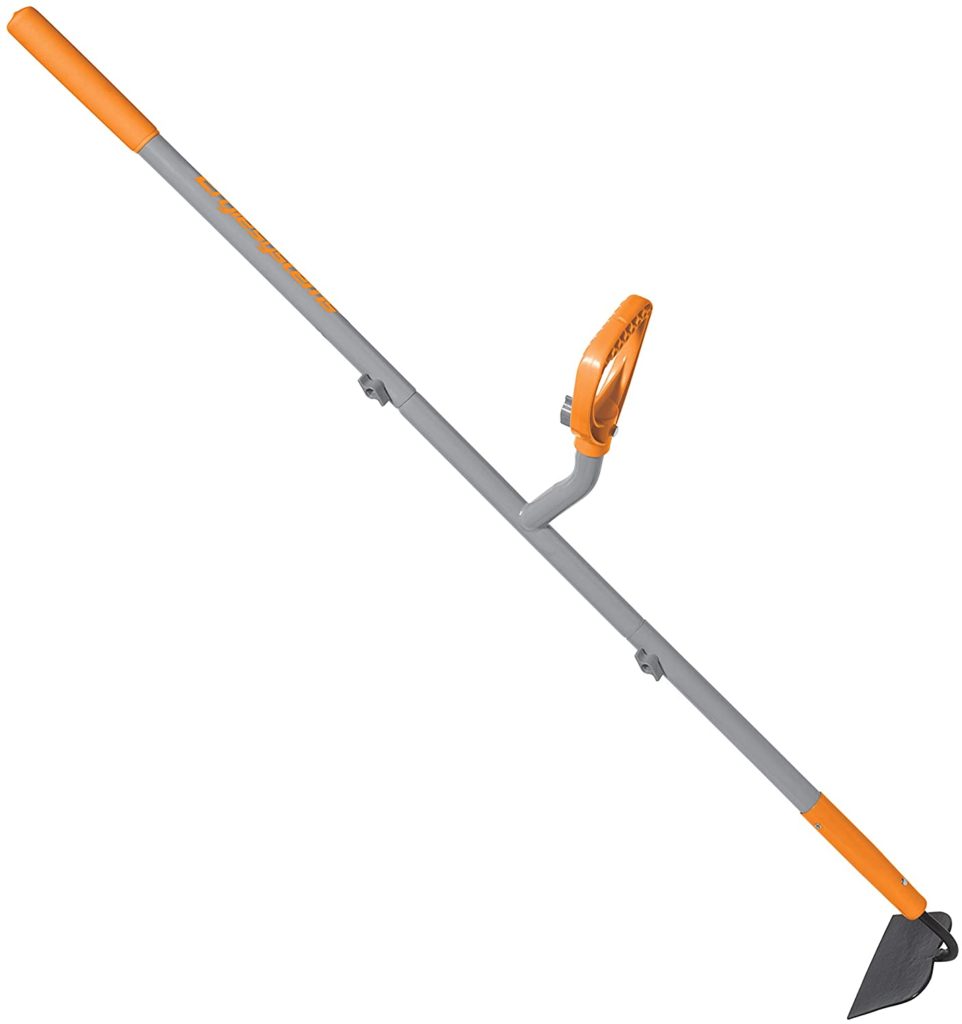
A hoe is used to dig up weeds and to make small divots in the sandy soils. Hoes are also used for weeding the soil for planting.
Hoes are long-handled gardening tools, and they’re usually made of solid materials. They’re also relatively inexpensive, making them a bargain choice for many people who want to buy gardening tools.
Get it here.
9. A Weeder
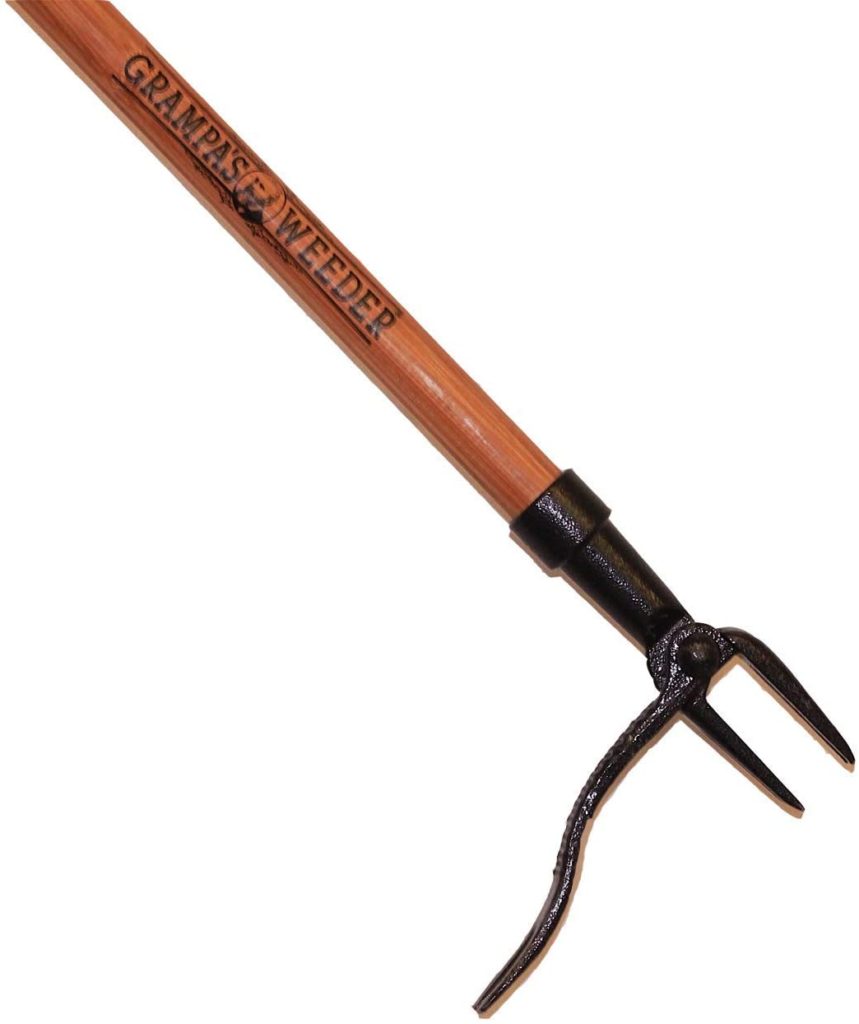
A weed grows in a garden that has no real purpose, and it can cause problems for the gardener. It grows quickly and easily outcompetes other plants, and if the weeder’s not used correctly, it can also take control of a plant’s roots.
Weeders allow you to remove weeds by cutting them off at their roots. They’re easy to use, so you’re set up for success right from the start.
Get it here.
10. A Weed Whacker

Although a scythe is used to cut grasses, weeds, and other plants for many people, others like to use a weed whacker. A weed whacker is lighter and easier to handle than a scythe. They’re also much quieter than most tools, making them an excellent choice for seniors who don’t like noisy tools.
Weed whackers are long-handled gardening tools and are typically powered by a motor that makes the blade spin quickly, making them great for cutting through thick weeds without overworking the tool.
Get it here.
How Do You Choose the Right Gardening Tools For Seniors?
A few gardening tips to consider when buying gardening tools for seniors are:
- Durability
Seniors tend to use their hands and tools to a greater degree than younger adults do. It means that they may experience more hand pain and arthritis, leading to even more significant damage if they’re not careful. It’s important to have adaptive gardening tools that are easy on the hands when you choose them. Keep in mind that they will need extra elderly care during these times.
- Accessibility
Similarly, seniors will often need to spend time tending their gardens during the day, so the tools they use should be easily accessible. It means that you’ll need to pick regular gardening tools that are easy tools to open, use, and close, but at the same time carry heavy tasks.
- Safety
Finally, you’ll want to think about safety when buying gardening tools for seniors. Remember that they might not have good balance or mobility, which should be considered when making your choice.
The bottom line is that you must know what you’re getting into before making your gardening tool choices. It’s easy to pick some excellent tools for this fun activity that will last for a long time and feel great in your hands.
Even if you already have numerous gardening tools, it doesn’t hurt to add a few extra pairs. After all, it’s better to have too many than not enough.
If you already purchased some tools for older adults and they do not seem to work for you, don’t worry! It just means, that maybe, you need new regular gardening tools to look for that specifically designed with seniors in mind.



Pingback: Accessible Gardening Tools for Seniors: Top 10 Picks - Better Living Magazine